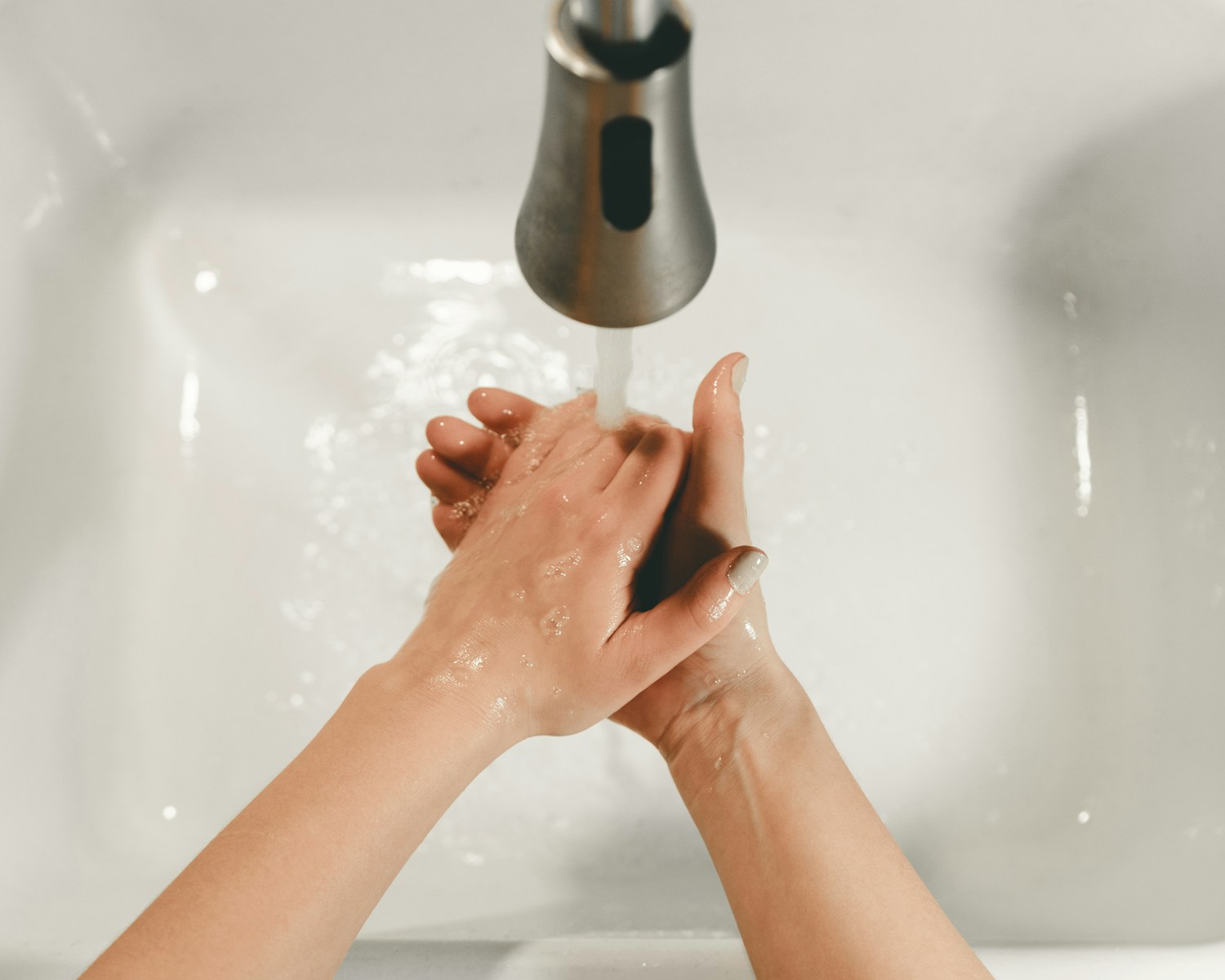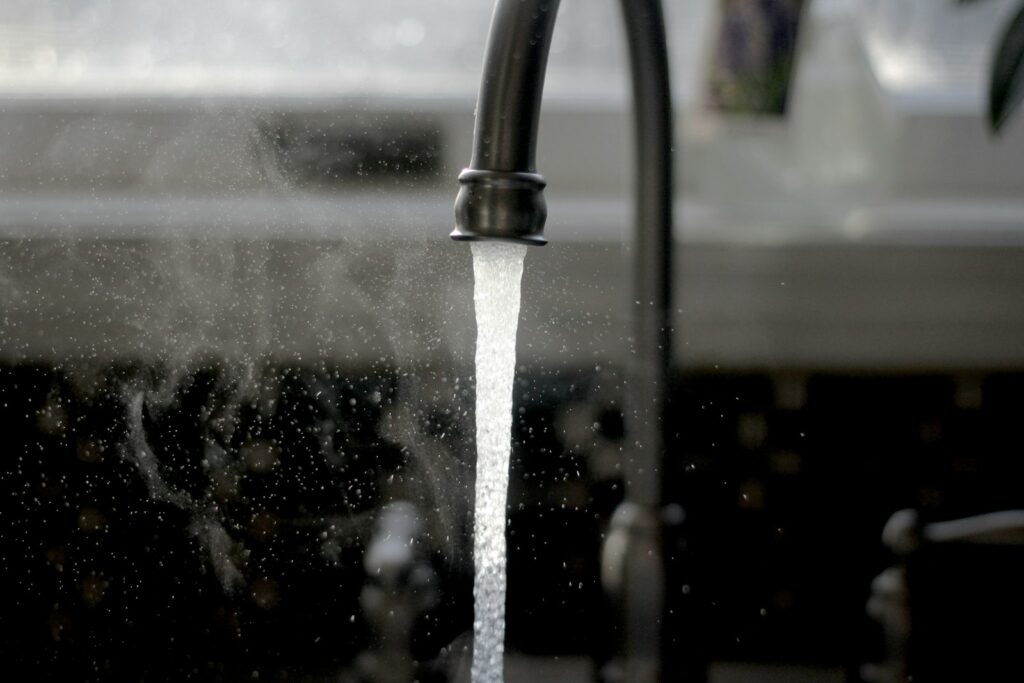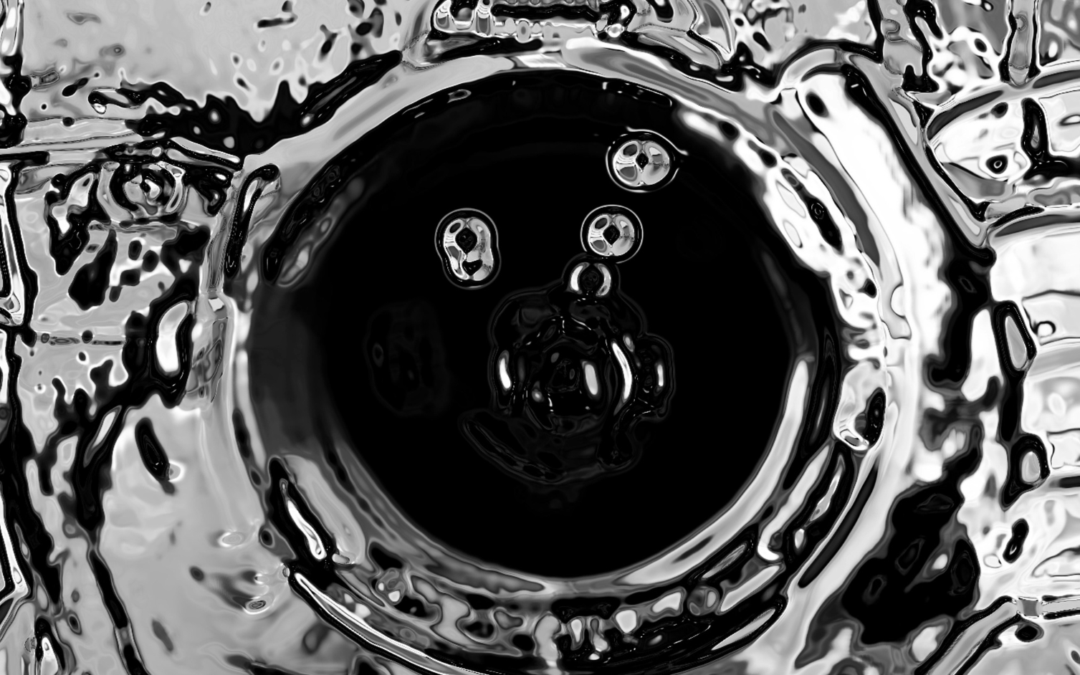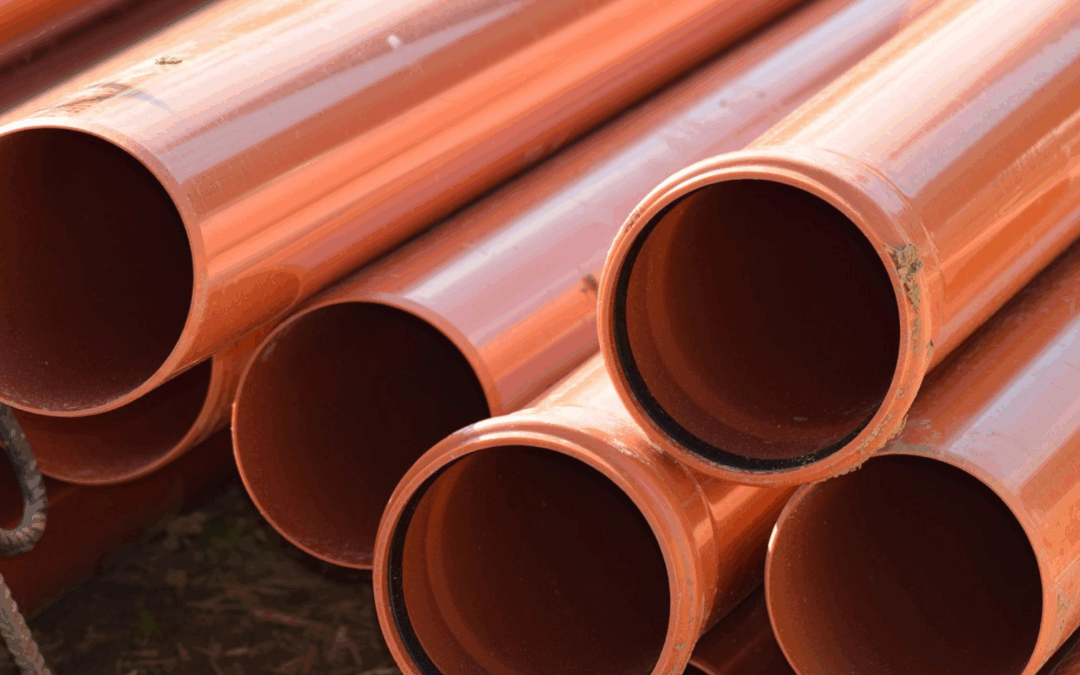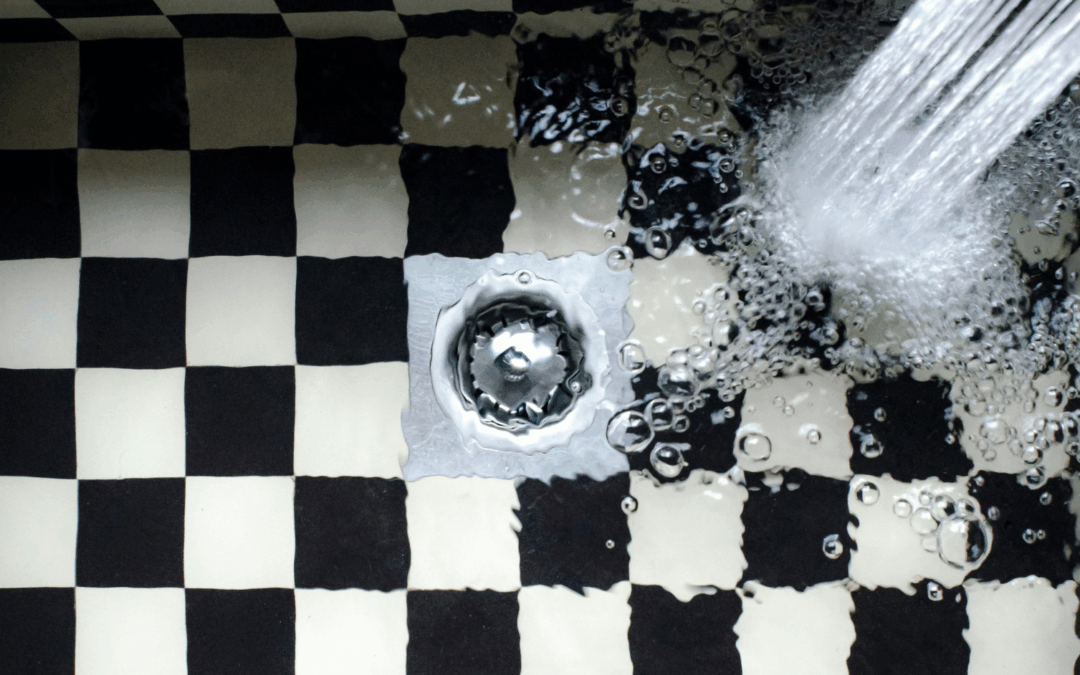Water is one of our most precious resources. However, with increasing demands and climate change, conserving water has become more critical than ever. By adopting simple habits and innovative solutions, we can save gallons of water, reduce our water bill, and contribute to environmental protection.
Whether at home, in the garden, or at work, here are actionable ways to conserve water and ensure its availability for future generations.
Why Is It Important To Save Water?
Water is one of the most precious resources on Earth, and conserving it is critical for several reasons. Below are some of the key reasons why saving water is essential:
Schedule Service Online
Get a free estimate so you know what you're signing up for
"*" indicates required fields
For Emergency Services Call: 410-255-9300
- Ensuring Future Availability: The Earth’s population continues to grow, increasing the demand for water. Freshwater sources are finite, and saving water today helps ensure there will be enough to meet the needs of future generations. Conserving water supports long-term sustainability.
- Protecting the Environment: Reducing water use decreases the strain on natural water sources such as rivers, lakes, and aquifers. Overdrawing water can harm ecosystems, disrupt habitats for wildlife, and lead to biodiversity loss. By conserving water, we contribute to maintaining healthy ecosystems and protecting natural habitats.
- Reducing Energy Consumption: Treating, pumping, and heating water requires significant amounts of energy. By using less water, we also use less energy, which helps reduce greenhouse gas emissions and combat climate change. This creates a positive cycle of both water and energy conservation.
- Lowering Utility Costs: Conserving water can lead to reduced water bills and energy costs for households and businesses. Small steps like fixing leaks or adopting water-efficient appliances can result in substantial financial savings over time, proving that water conservation is both environmentally and economically beneficial.
- Mitigating Drought Impacts: Many regions of the world are experiencing water scarcity and frequent droughts due to climate change. Using water wisely helps alleviate the pressure on limited water supplies during these critical periods, ensuring there’s enough to support essential needs when resources are stretched thin.
- Supporting Agriculture: Agriculture accounts for a significant portion of water usage globally. By saving water in our daily lives, we help preserve supplies that farmers rely on to grow food. Stable water sources mean stable food production, which is vital for global food security.
By understanding these reasons, it becomes clear that conserving water isn’t just a choice—it’s a responsibility. Each effort we make, no matter how small, contributes to a healthier planet and a more sustainable future.
Practical Tips for Saving Water Indoors
Water Conservation In The Kitchen
- Efficient Dishwashing: Skip the pre-rinse and load your dishwasher fully before running it. Modern dishwashers use less water than washing dishes by hand.
- Thaw Food in the Refrigerator Overnight: Defrost frozen foods in the refrigerator and not the drain. This simple step can save gallons of water and improve food safety.
- Use Less Water for Cooking: Steam vegetables instead of boiling them. Not only does this conserve water, but it also retains more nutrients. This also helps you not limit drinking water.
- Avoid Garbage Disposals: Garbage disposals require gallons of water to operate efficiently. Instead, add food wastes like vegetable scraps to a compost pile.
- Use A Water Bottle!
Water Conservation in the Bathroom
- Take Shorter Showers: A 5-minute shower can save gallons of water compared to a 10-minute one.
- Turn Off the Tap: Don’t leave the faucet running while brushing teeth or shaving. These small habits can add up to significant savings.
- Fix Leaky Faucets and Toilets: A slow drip or a leaky toilet wastes hundreds of gallons of water over time. Use food coloring in the tank to check for leaks.
- Install Low-Flow Fixtures: Upgrade to low-flow showerheads and faucet aerators to reduce water usage without sacrificing performance. You can also get a low flow toilet for even better water efficiently.
Laundry Room Water-Saving Tips
- Wash Only Full Loads: Running your washing machine with small loads wastes water and energy.
- Upgrade to A High Efficiency Washing Machine: Modern washing machines use less water and save energy.
- Use Cold Water: Whenever possible, wash clothes in cold water. It conserves hot water and reduces your energy bills.
Water Conservation Outdoors
Lawn Care for Water Efficiency
- Water Wisely: Water lawns early in the morning or late in the evening to reduce evaporation during hot summer months. Outdoor faucets also leak a ton, so make sure to turn off the water source in the event of your outdoor spigots leaking.
- Avoid Over Watering: Use a rain gauge to measure how much water your lawn is receiving. Overwatering not only wastes water but also promotes weed growth.
- Choose Drought-Tolerant Plants: Replace grass with native plants or drought-tolerant options that require minimal watering. You can also use ornamental water features to water these plants as one of your ways to save water.
- Adjust Mower Settings: Raise the height of your lawn mower blade to allow grass to grow taller, creating shade for roots and preventing water evaporation.
Garden Water-Saving Tips
- Invest in Efficient Irrigation Systems: Use soaker hoses and drip irrigation for garden beds to deliver water directly to plant roots, minimizing waste.
- Collect Rainwater: Install a rainwater harvesting system to collect runoff from your roof and use it to water plants. If you’re brave enough, you can also use this as water in the refrigerator after you’re cleansed it.
- Mulch Garden Beds: Add mulch to garden beds to reduce evaporation and maintain soil moisture.
- Avoid Overwatering Outdoor Plants: Feel the soil before watering to ensure plants truly need water.
- Sweep Driveways: Instead of hosing down driveways, use a broom to save significant amounts of water.
Pool and Recreational Tips
- Cover Pools: Using a pool cover reduces evaporation and keeps the water clean.
- Limit Use of Water Toys: Outdoor recreational water toys can waste gallons of water. Encourage water play that minimizes splashing.
Advanced Water Conservation Techniques
- Install Water-Saving Devices: Use automatic shut-off nozzles for hoses and efficient showerheads indoors to reduce water waste.
- Implement Gray Water Systems: Reuse rinse water from washing machines to water plants or flush toilets.
- Capture Rainwater: Rainwater harvesting systems store water for use during dry periods.
- Recycle Water Indoors: Repurpose water splashed from washing fruits or boiling pasta to water houseplants.
Building a Water-Saving Community
- Educate Friends and Family: Share water-saving tips with others and encourage them to conserve water. Small actions by many make a huge impact.
- Support Local Initiatives: Join community programs promoting water conservation or advocate for better water management policies.
- Encourage Businesses to Save Water: Talk to local businesses about using water-efficient practices, such as switching to high-efficiency appliances or recycling water.
Reduce Water Waste in the Kitchen
Don’t wash water down the drain
- Use rinse water from washing dishes or vegetables to water plants.
- Combat food waste by limiting the amount of water splashed during food prep; thaw frozen foods in advance instead of using the faucet to defrost.
Garbage disposal alternatives
Using garbage disposals regularly not only wastes gallons of water but also increases food waste in waterways. Instead, add food wastes to a compost pile whenever possible. This reduces water waste and benefits the environment.
Commercial and Community Solutions
Businesses and communities play a significant role in conserving water. Encourage others to adopt water-saving measures in their operations.
Commercial car washes
Instead of washing your car at home, consider a commercial car wash. Many of these businesses use systems that recycle water, making them a more eco-friendly option.
Efficient irrigation for agriculture
For farms and large-scale landscaping, investing in high-efficiency irrigation systems can ensure adequate water without excess. Modern technologies reduce over watering, save energy, and support sustainable practices.
Simple Household Changes for Huge Impact
Don’t underestimate the power of small changes throughout your home.
- Replace dripping faucets with water-efficient models.
- Install faucet aerators in your bathroom and kitchen.
- Encourage everyone in the household to use one glass of water a day for drinking to limit dishes.
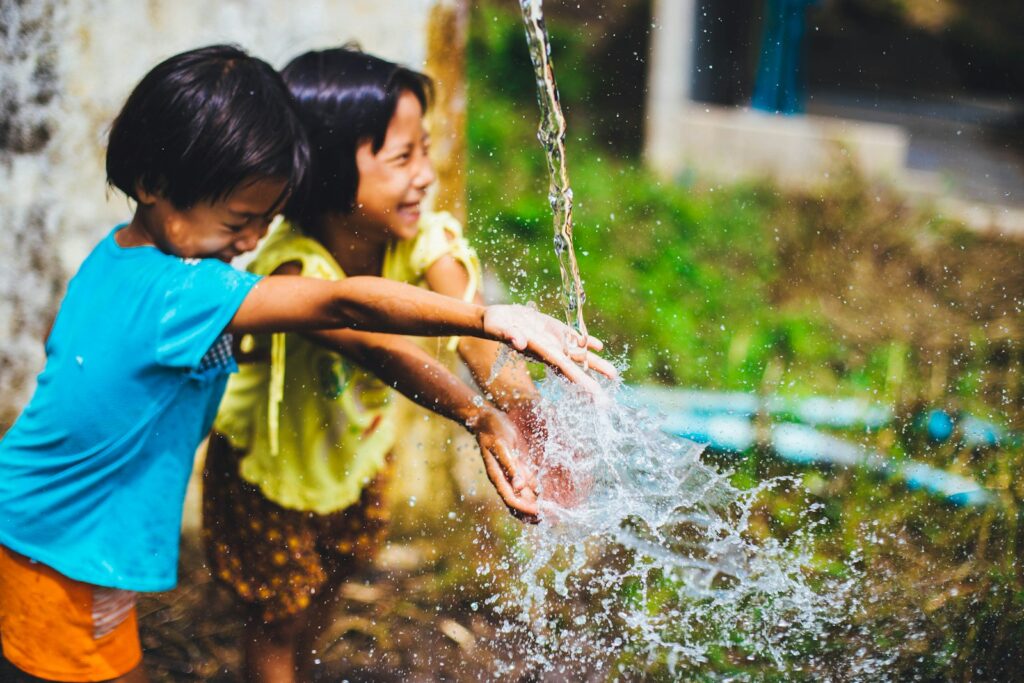
Photo by Abigail Keenan on Unsplash
Commonly Asked Questions About Conserving Water
1. Why is conserving water important?
Water is a finite resource, and conserving it is essential for ensuring its availability in the future. By reducing water usage, we help maintain a balance in ecosystems, support agriculture, and ensure clean water access for everyone.
2. What are the easiest ways to conserve water at home?
Simple actions can make a big difference. Turning off the tap while brushing your teeth, fixing leaks promptly, using water-efficient appliances, and collecting rainwater for outdoor use are all easy and effective steps to save water.
3. How does saving water help the environment?
Preserving water reduces the strain on freshwater resources, protecting wetlands, rivers, and aquifers. It also helps maintain habitat for wildlife and minimizes the energy used to treat and distribute water.
4. Can conserving water save money?
Yes, using water wisely often leads to lower utility bills. Implementing water-saving habits or devices in your home can significantly reduce your monthly expenses while helping the environment.
5. Does water conservation really make a difference?
Absolutely. While an individual effort may seem small, when millions of people take similar actions, the collective impact is immense. Together, we can reduce water waste and create a more sustainable world.
6. Are there innovative technologies for conserving water?
Yes, advancements in technology have brought forth many solutions, such as low-flow faucets, smart irrigation systems, and water recycling technologies. Adopting these innovations can make water conservation more efficient and accessible.
Here are six valuable resources to help you learn more about water conservation and discover tools to take action:
- EPA WaterSense Program: Learn about water-efficient products, conservation tips, and how to save water in your daily life.
- Water Use It Wisely: Access a wide range of tips, tools, and resources to help you conserve water at home and in your community.
- Alliance for Water Efficiency: Explore educational materials, research, and best practices focused on promoting water efficiency.
- USGS Water Science School: Discover extensive information about water cycles, conservation, and interactive learning tools for all ages.
- UN-Water: Access insights and global initiatives aimed at addressing water-related challenges and sustainable management.
- Save The Water: Learn about water contamination issues, solutions, and ways to contribute to protecting clean water resources.
Contact MD Sewer and Plumbing for water efficient faucets, and other upgrades to save you money! contact us today!
Water Conservation Benefits Everyone
By implementing these water-saving tips, you can make a significant difference. Conserving water saves energy, reduces costs, and ensures water availability for future generations. Even better, these changes help to protect the environment and promote sustainable living.
Start today! Evaluate your household’s outdoor water use, reduce wasteful water practices, and adopt water saving tips to make every drop count.

